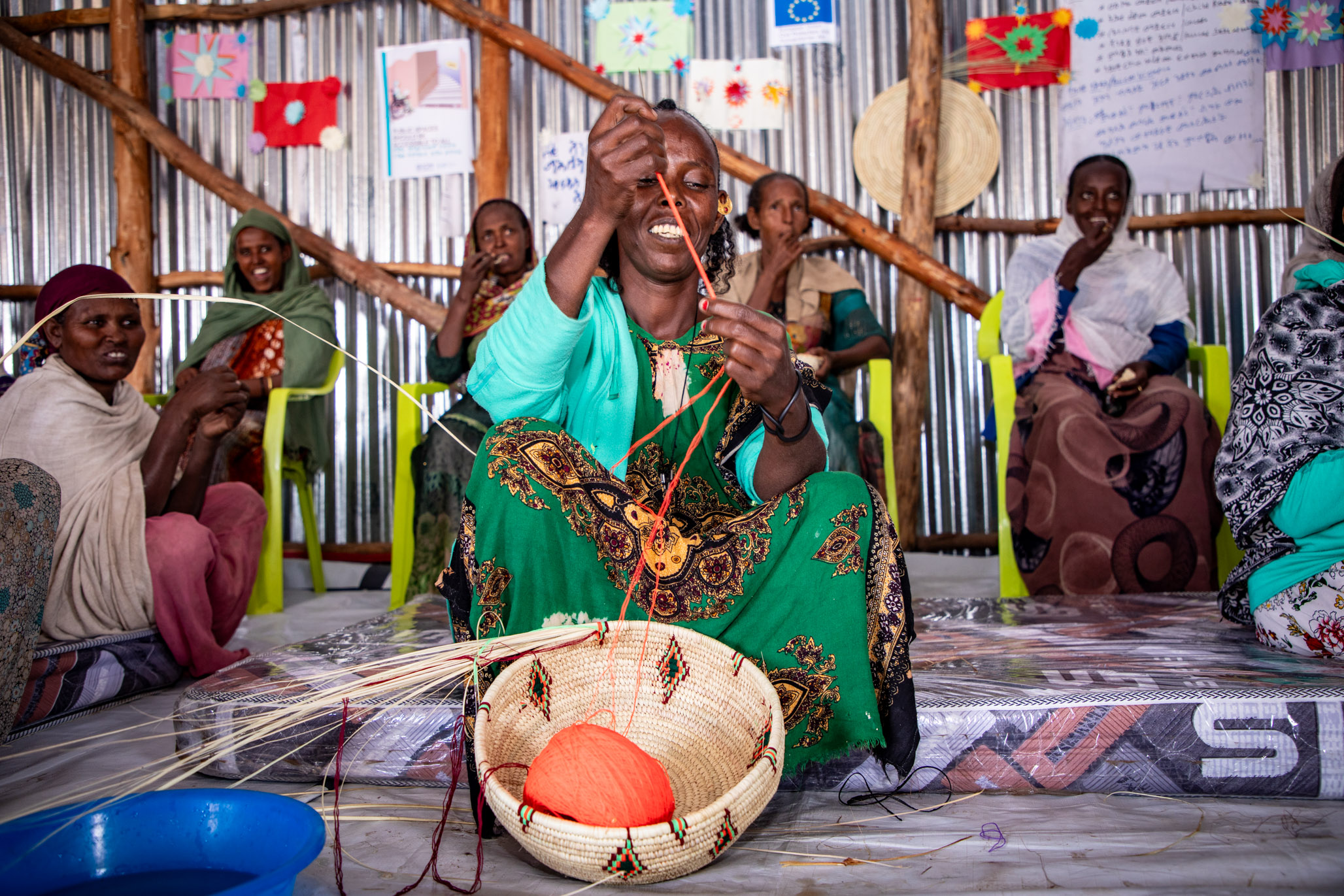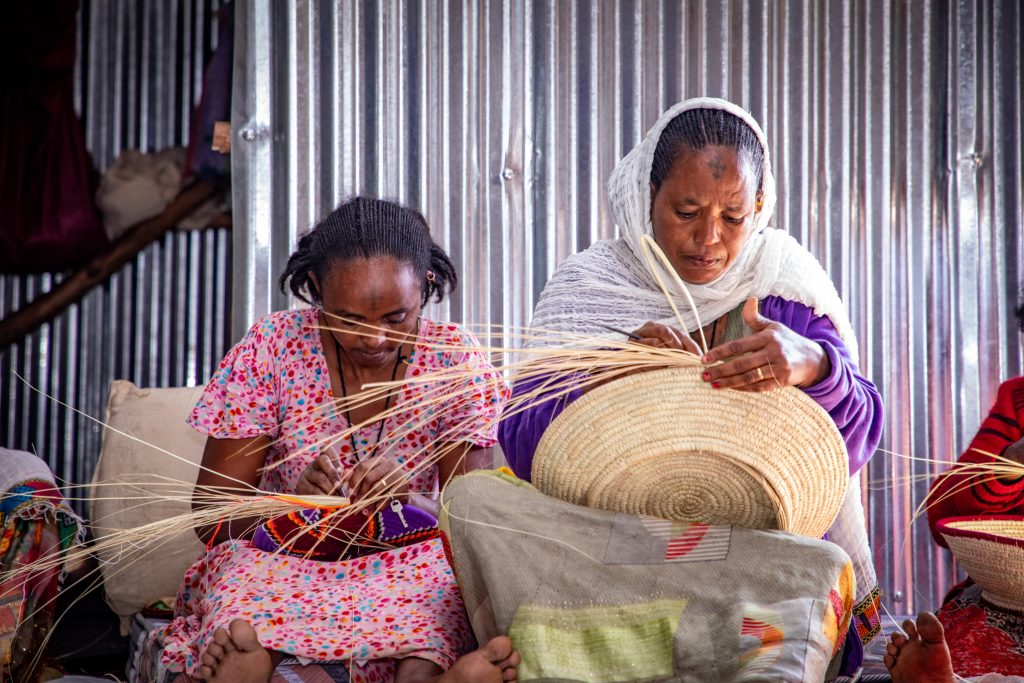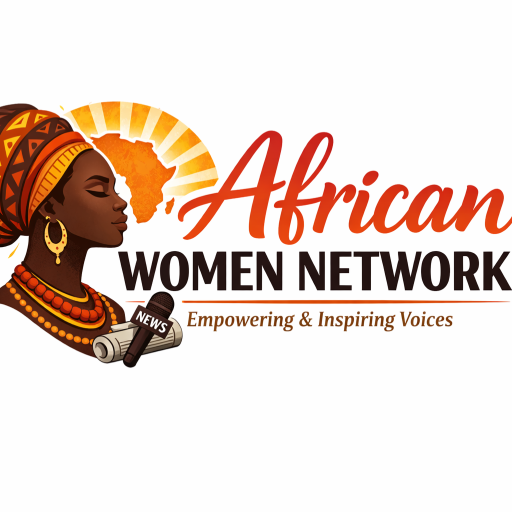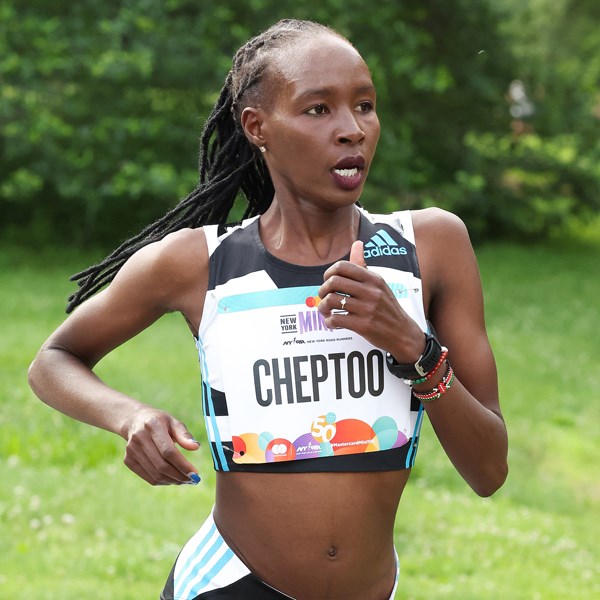
At the Maidimu internally displaced persons (IDP) site in Ethiopia, a quiet but powerful movement is reshaping lives. Every week, hundreds of women and girls gather in dedicated safe spaces—shelters established to promote healing, protection, and empowerment.
For many, like 39-year-old Tsige Mebrthatom, these gatherings are more than a refuge—they are a vital part of rebuilding lives fractured by conflict. Tsige was once a thriving entrepreneur in Addis Ababa, where she operated a successful supermarket. But in 2016, seeking new opportunities, she moved to Kefta Humera, in Western Tigray. That hope was soon crushed when violent conflict erupted in northern Ethiopia, claiming her husband’s life and forcing her to flee with her six children.
“We walked for five days before reaching Endabaguna,” Tsige recalls. “I had no choice but to flee for our survival.”
Eventually relocated to Maidimu, Tsige is now one of over 5,000 internally displaced people at the site—1,300 of them women and girls—struggling with limited access to basic services, including water, healthcare, and mental health support.
Despite these harsh conditions, Tsige has found strength and connection through the Women and Girls Safe Spaces established by the International Organization for Migration (IOM). These centers provide safe, inclusive environments where displaced women can access psychosocial support, participate in awareness sessions, and develop skills for personal and economic resilience.
“This space is invaluable, especially for women and those with disabilities,” she says. “Being far from town, accessing services is nearly impossible. Here, we find support and a sense of community.”

The safe spaces offer interactive workshops, cultural events like traditional coffee ceremonies, and open discussions on topics ranging from gender-based violence and mental health to nutrition, hygiene, and personal safety. The aim is to build confidence, promote healing, and empower women to advocate for themselves and others.
“We’re taught how to help women discreetly—how to connect them to support and services,” Tsige explains. “It’s about building each other up.”
The Maidimu safe space is one of 11 such centers supported by IOM across conflict-affected regions in Ethiopia. These initiatives are made possible with funding from the European Civil Protection and Humanitarian Aid Operations (ECHO) and other international partners.
“The creation of women’s and girls’ safe spaces is both a protective measure and a pathway to resilience,” said Khalil Omarshah, IOM’s Programme Officer for Protection in Emergencies. “These spaces are vital for helping displaced women navigate trauma, access support, and rebuild their lives. However, we urgently need additional funding to expand and sustain this work.”
As conflict and displacement continue to disrupt communities in northern Ethiopia, the role of safe spaces in protecting and empowering women remains more critical than ever. For women like Tsige, they are not just places of refuge—they are the foundation of recovery and hope.







